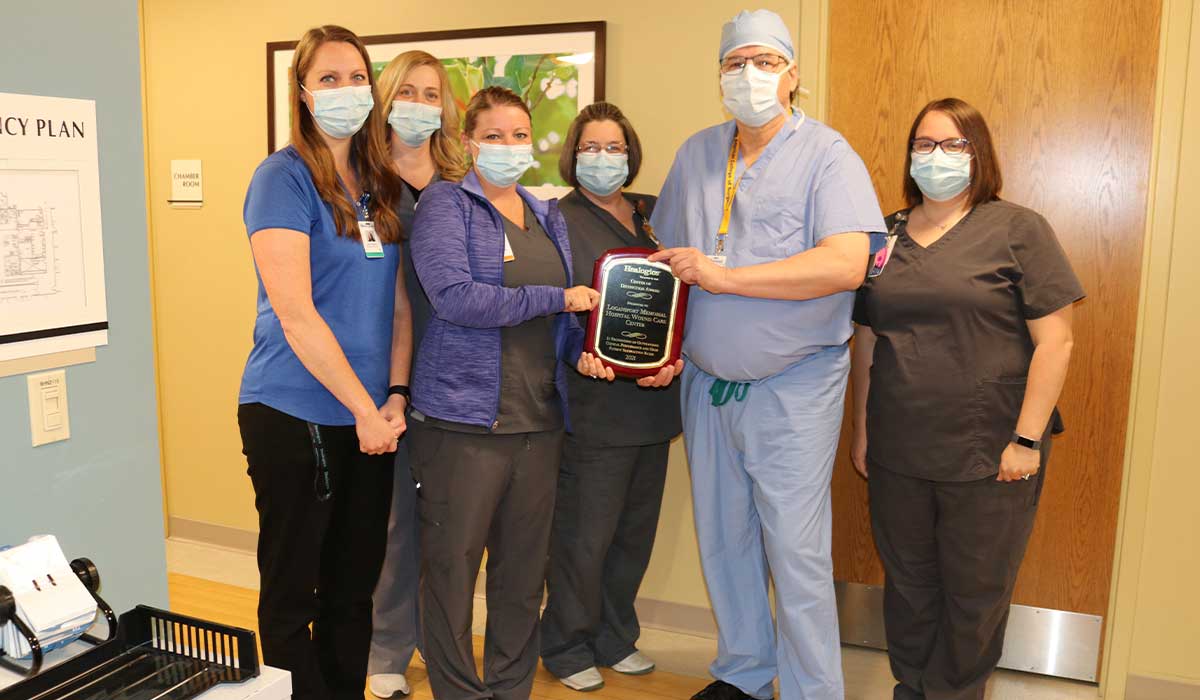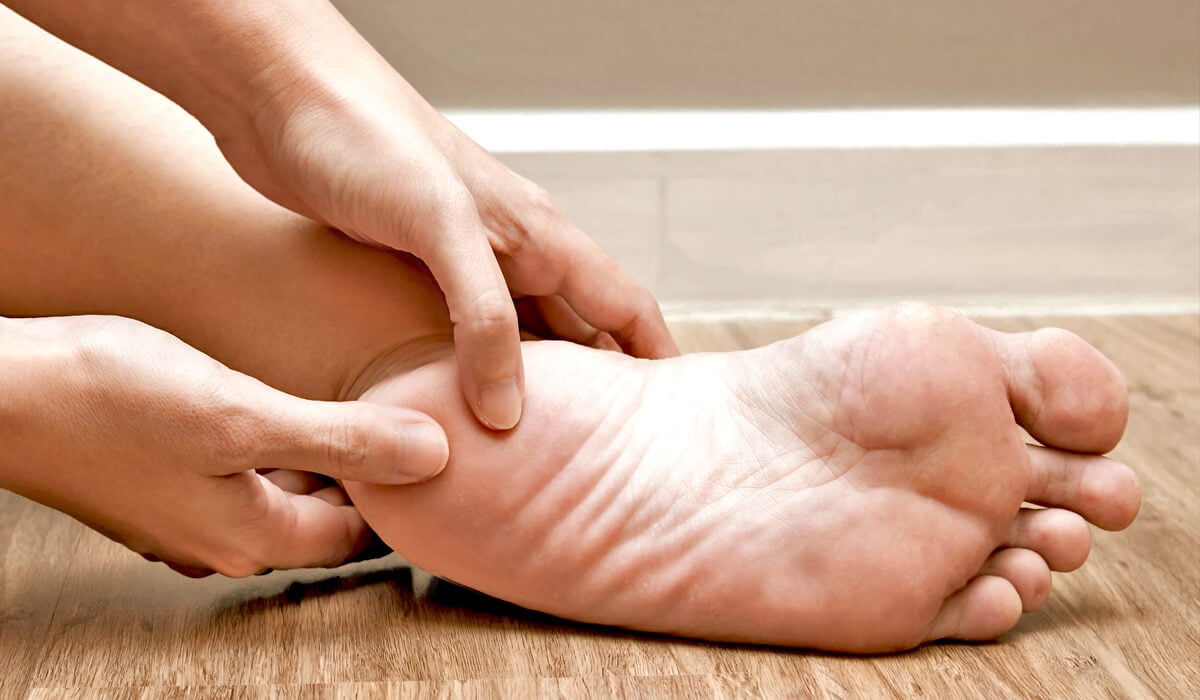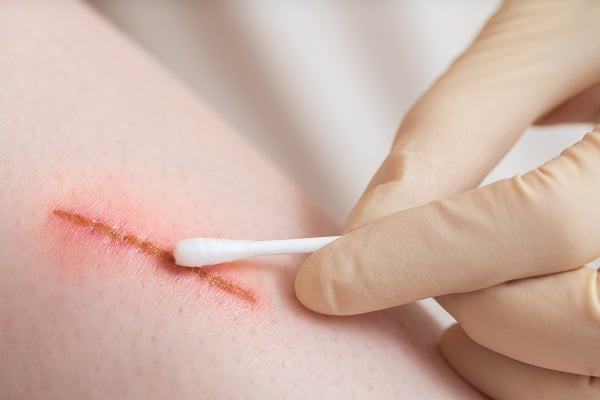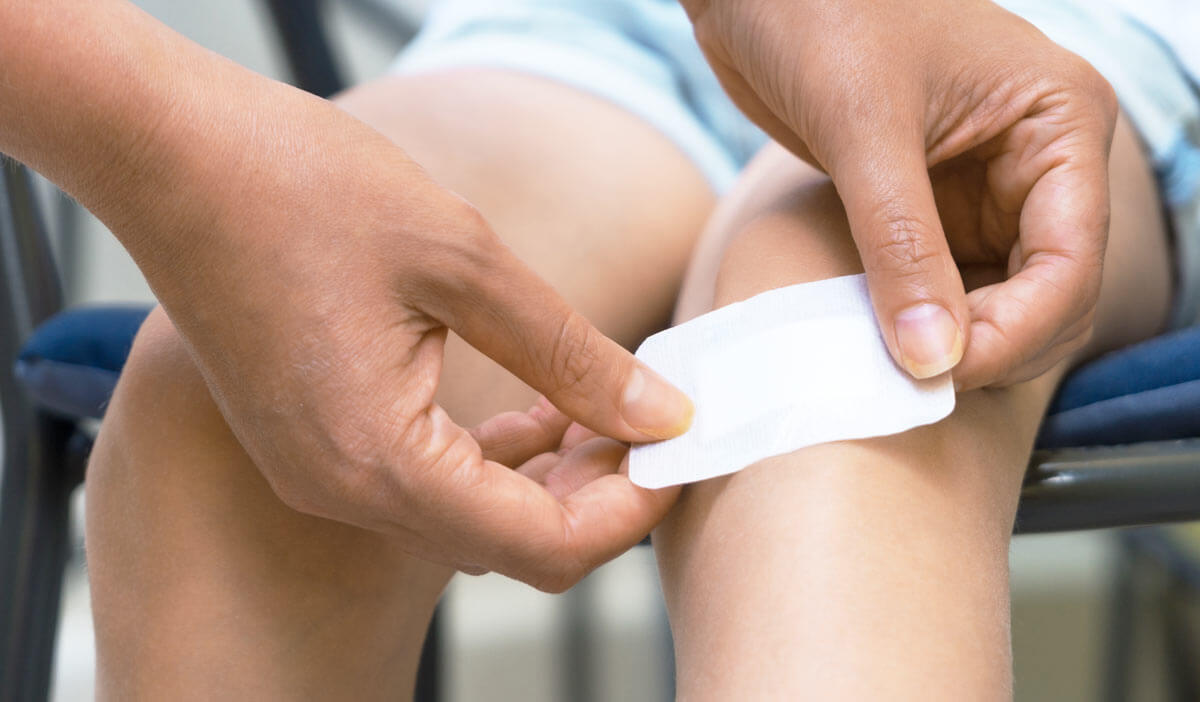Wound Care Center recognized for clinical excellence
Posted on May 23, 2022 4:22:58 PM | News, Wound care

Logansport Memorial physicians, leaders, and clinicians gathered to recognize the Wound Care Center, a recipient of the Center of Distinction award by Healogics®, the nation's largest provider of advanced wound care services. The Center achieved outstanding clinical outcomes for twelve consecutive months, including a patient satisfaction rate higher than 92 percent.
Read More





